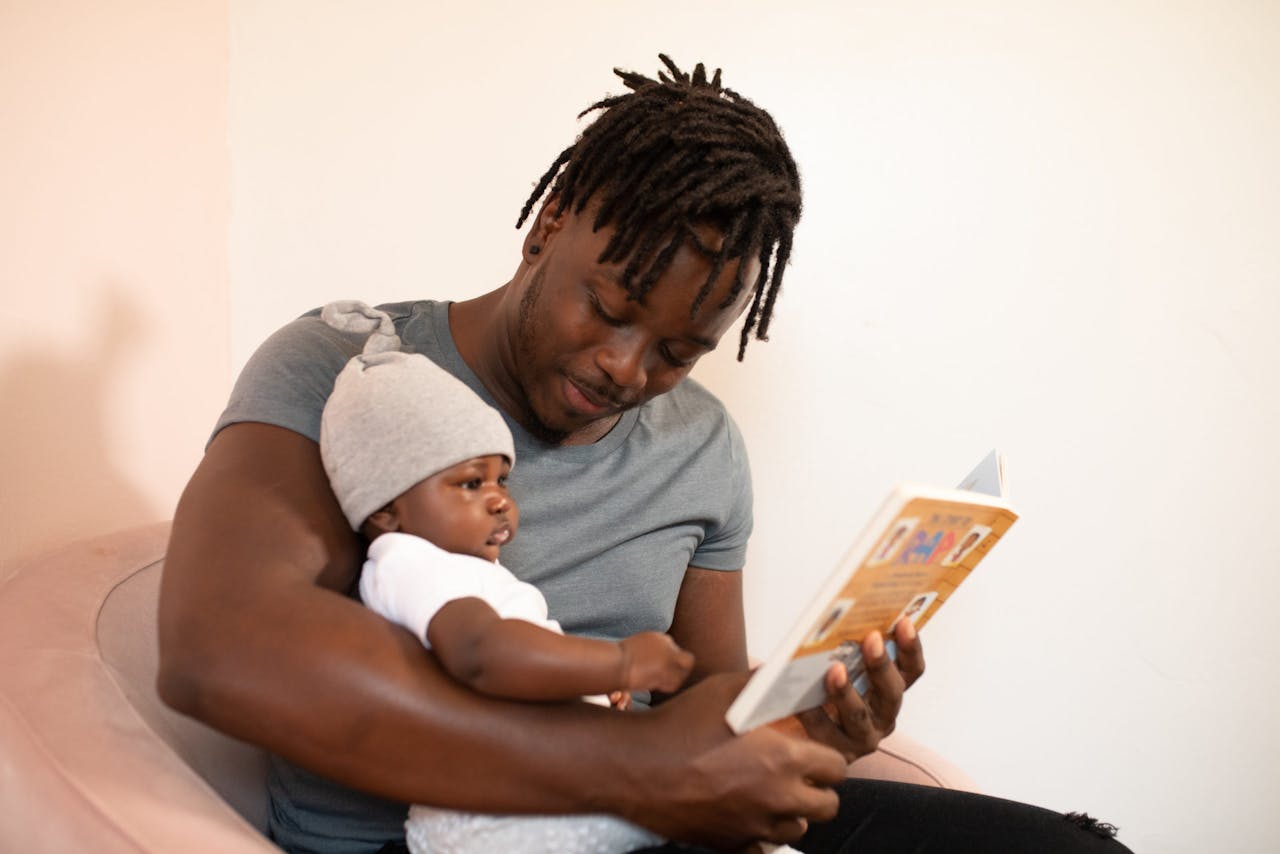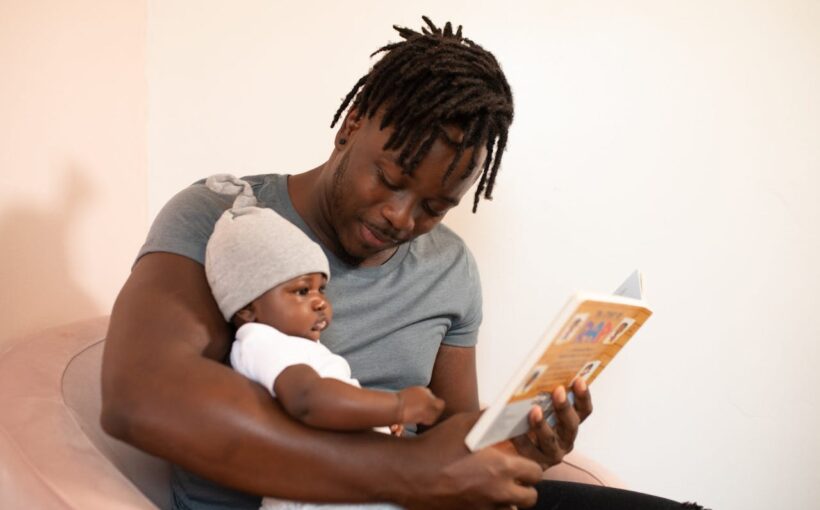
I grew up hearing the phrase “spare the rod and spoil the child.” It was a common saying in my home, closely followed by my father’s favourite: “Honour your father and mother…” you know the rest of that Bible verse. I think the last time I heard the latter was when my older sister retorted “Yes, but the same Bible says ‘fathers, do not provoke your children…’” It was one of the few times my father was quiet.
The rod, in a Nigerian home, could be anything – the whip, stick, slippers, broom, or even words. Very hurtful words, I must add. For the larger part of my childhood, my father’s rod were his words and boy! Did they cut deep into your skin and flesh and crush your bones. And I thought it was the worst any child could get. So imagine my surprise when, on our way to school, the daughters of a family friend shared how their dad used to hang them to the fan before whipping them. Or how one day, he’d beaten the older until her head bled, then made her wear a cap before taking her to the hospital to avoid the prying eyes of neighbours. Another shared how her mother made her walk naked down the street because she saw her talking to a boy, while yelling, “Everyone will see that thing that is sharking you.”
While exchanging stories, it dawned on me how much we, children, are our parents’ punching bags, the receivers of anger and the bearers of anguish. And we do not often realise it because this anger is presented on a plate of nobility and just, like there’s a reason why they are the way they are. Like the physical, emotional and mental indignation they put us through is for a good cause and we ought to understand it, even empathise. But is also for this cause I couldn’t fail to notice the flimsiness of reasons. The times their father hung them to the fan or tied them to a chair before whipping them, it was because they didn’t read their books. And the day her head bled, it was over a refusal to eat an egg. Years later, when my mum talked about their dad, it was in awe of how much he pushed the children towards education, seeing as he had no formal education himself. And all I could think of was how this push were lashes of cane as his children’s feet dangled in mid-air.
Abuse is so rife it is sickeningly normal. This abuse, rooted in unbridled anger and frustrations, is embowelled in the love of a parent to the child. Many of us do not even know we are being abused until years later when, as adults, we’re struggling to settle into ourselves and spend the larger parts of our existence unpacking and fighting traumas while our mates have a better head-start at life. We’re left discovering and unraveling our true selves – knots after knots, emotions after emotions, one mental breakdown after another – because the nucleus of our being had been welted and bent to shape by the rod.
_
One of the many conversations on social media recently was about a woman who burnt her son’s document because he hissed. At the age of 15, he had gotten a life-changing opportunity to play football for a team in Melbourne, Australia. This dream ended when she had come back from church one Sunday, scolded him for something and then he hissed. In a fit of anger, she gathered his travel documents and set them on fire. It was only after his passport burnt halfway she realised the gravity of her actions: she had changed the course of his life over a hiss.
Like (almost) every child, he’s forgiven her but it is a no-brainer that she hadn’t only changed his life in unexplainable ways, she’s set him on a path that is most likely not his and he might spend many years playing catch-up.
_
My friend once asked me how it is I never get angry. Every now and then, she calls me to discuss parenting even though I am not one yet. Once, she had hit her child several times in anger and mistakenly gave her a blow to her stomach. She felt guilty afterwards. It wasn’t that she didn’t believe the child needed to be disciplined. It was that she had beaten the child too much for what was a trivial offence – playing ‘rough play’. She called to know if she overreacted or not. I told her she did and asked her to apologise to her child.
You see, my friend’s intentions for her 5-year-old daughter are valid: she wants her to be “well-comported”; she wants her to read her books and be a model child. The execution is what I fault. The quick use of lashes and violence as a correctional tool as opposed to exploring other means of communicating right and wrong, or teaching, is something we need to let go of. I helped her realise that at the root of her anger were issues she was yet to address and confront. And, you see, as (future) parents, we owe it to our (future) children to deal with our anger, emotional and communication issues before and after birthing them. Lest, we raise them in anger: punch their face and break their nose; burn their certificates and change their lives forever; or worse, throw a knife at them and unalive them like a story I heard in my neighbourhood as a child.
Expecting that a child will be well-behaved at all times is putting too much pressure on humans who are new to this world and are trying to discover who they are and their place on earth. Children, teens, need us adults to help them make sense of the world and protect them while at it. If the only way we can do this is by expressing anger, being violent or abusing them in return, we may need to put ourselves in check.
It is not that I do not get angry, it is that I understand anger is a reaction to something, so I often ask myself why I am feeling or reacting this way. It helps me make sense of situations, put things into perspective and decide my next course of action. To ensure my kids grow up in the loving, positive and understanding family I have in my head, I ensure I check myself at intervals so I pass no trauma to them. So this is what I tell my friend. That she must make a decision on the mum she wants to be: the angry mummy or the one who pauses, listens and makes well-calculated decisions.
***
Feature image by Nappy for Pexels
The post What It Means To Bridle Your Anger appeared first on BellaNaija – Showcasing Africa to the world. Read today!.



